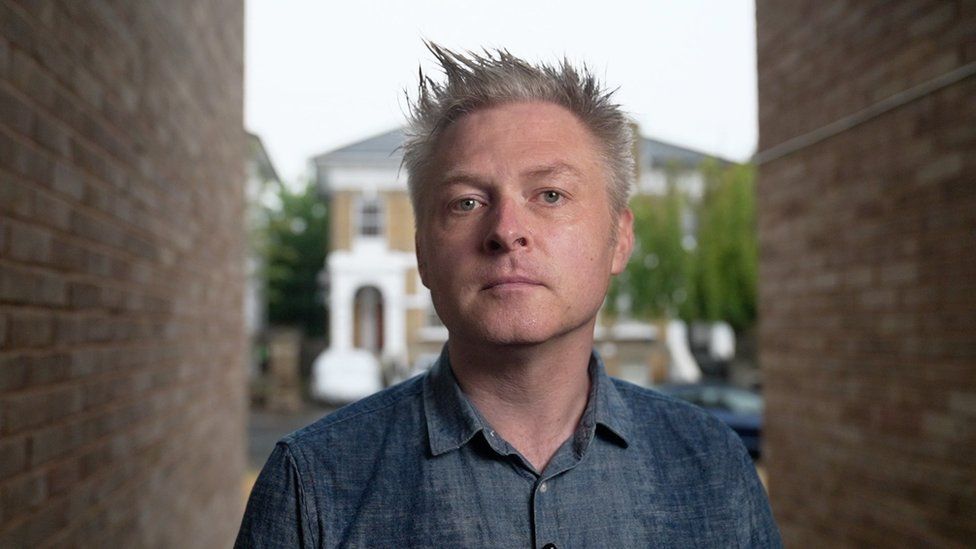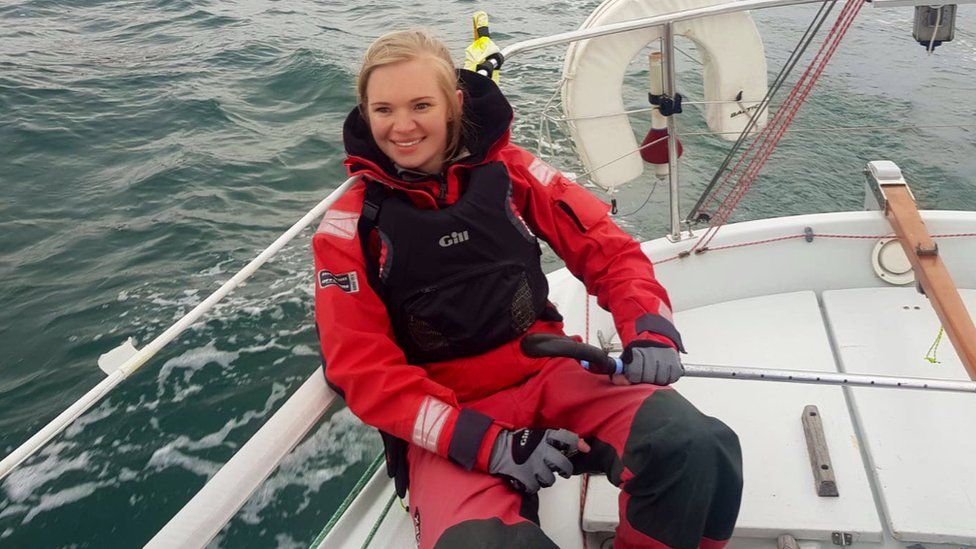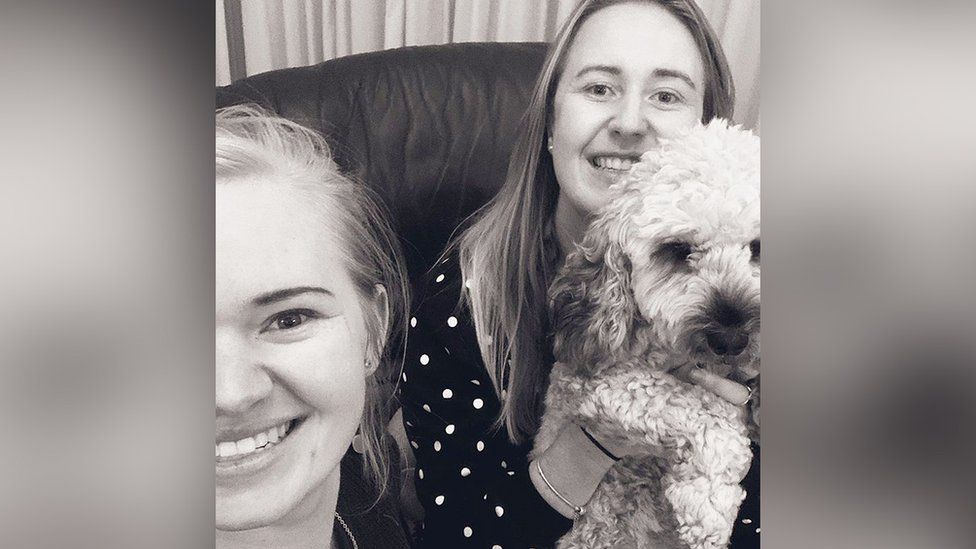Beth Matthews was 26 when she took her own life in a psychiatric unit run by The Priory – an inquest jury has found she was failed by the hospital. After Beth died, her family discovered she had helped countless people by writing honestly about her mental health problems.
In the weeks after his daughter’s funeral, Chris Matthews spent many mornings at her grave, nestled in a country churchyard, as he struggled to come to terms with her death.
One morning, as he tidied away some flowers that were beginning to fade, he discovered a fresh bouquet.
Attached was a note which read: “I probably should explain why a completely random stranger left this card and flowers on Beth’s grave. Over the past year, her tweets and her blog have kept me alive.”

Information and support
If you are suffering distress or despair, details of help and support are available here.

It was written by Robert, who had travelled 200 miles from London to Beth’s grave, overlooking the River Tamar in Cornwall. He had never met Beth, but wanted to thank her.
Beth had written a blog which documented her mental health journey – including how she had survived and was recovering from a suicide attempt.
Robert discovered it on a particularly dark day, when he had decided to take his own life.

“Instead, I couldn’t stop reading it,” he says. “And when I finished, I was very sad, but the suicidal moment had gone. I thought, ‘If Beth can get through this, then surely I can.’”
In a typical tweet to her 26,000 followers, Beth wrote: “Suicide is not the answer. To anyone out there that is struggling, please believe me when I say things CAN and WILL get better.”
Robert says she saved his life. “I would imagine, going through her tweets and replies, that there were probably thousands of people like me,” he adds.
On the surface, Beth’s childhood was idyllic. Growing up by the sea, she loved sailing, becoming one of the youngest competitors in the renowned competition named after the Fastnet Rock off southern Ireland, which the race course rounds.
“I can still hear her squeal of delight when she was doing anything a little bit mischievous,” remembers her sister Lucy.
But despite her extrovert persona, Beth secretly struggled with her mental health for many years, and made a number of suicide attempts. Then on 8 April 2019, she was badly injured trying to take her own life.
She was airlifted to hospital and spent two weeks in a coma, but remarkably survived and started rebuilding her life.

Beth first spoke publicly about her recovery in a post on Facebook.
“She felt understandably nervous and anxious about it,” recalls Lucy. “She was writing about how she’d fought to be here and how much she wanted to be here. And she wrote so well.”
The post went viral. She started a Twitter account and a blog.
“I think she realised that there were people out there who were benefiting from her knowledge and understanding,” says Chris.
Another one of those people was Melanie, who was struggling with “horrific” insomnia.
“I’d sit on the settee all the way through the night, while my hubby and my kids were asleep, and just feel like the loneliest person in the whole world, with plans to end my life, trying not to act on those plans,” she explains.
Melanie would message Beth on Twitter, asking for support. And Beth would reply.
“No matter what Beth was going through, even when she was in hospital, she was messaging me at 2am… telling you it’s worth it, telling you you’re worth it,” she says.
Melanie, from Sheffield, is compiling a book of messages from Beth’s Twitter followers for her family.
“There aren’t just a handful of us who think about Beth on a daily basis,” she says, showing a tattoo she has to remind her of Beth.
The chief executive of charity Mental Health UK, Brian Dow, says Beth had a special ability to explain the “raw, really challenging moments” that many people face.
“The effect of that was that thousands of other people who felt the same, stopped feeling alone,” he says. “We know that kind of willingness to share actually saves people’s lives.”

Telling her story was part of Beth’s attempt to move forward.
She also bought a paddleboard and posted videos of herself, back on the water. “I’ve been given a second chance at life,” she wrote. “I’m going to seize it.”
Her sister Lucy says writing her blog and helping others on Twitter gave Beth purpose.
Her father Chris agrees. “She was wise beyond her years,” he says, choking back tears. “She became such an enormous part of peoples’ lives, people that she’d never met before.”
The power of Beth’s writing comes from the unvarnished honesty of the pain she had experienced.
In one tweet, she shares shocking images of the X-rays of her broken pelvis, saying they are a “gentle reminder” of why people should not try to harm themselves.
“When somebody is willing to think of others and to share their pain in such a raw manner, I think that takes a level of courage that frankly most of us don’t possess,” says Mental Health UK’s Brian Dow.
